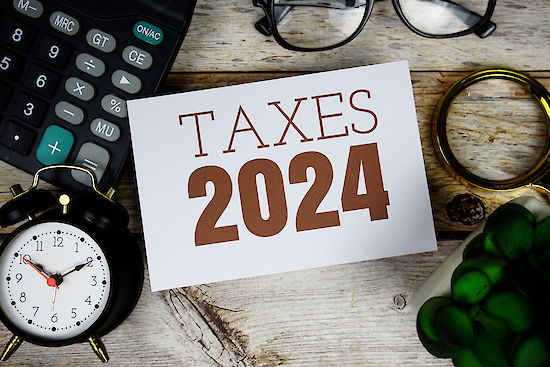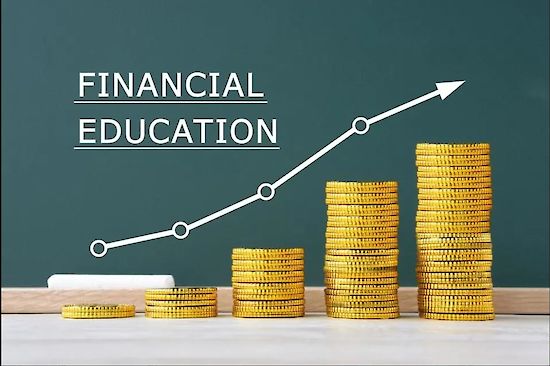
The State of Financial Literacy
Why Financial Literacy in Schools is Just the Beginning
When we hear that over 90% of U.S. states now incorporate financial literacy into their school curricula, it’s easy to feel a sense of progress. And yes, progress has been made—26 states now require a personal finance course for high school graduation, with California recently joining the ranks. But as any good financial advisor will tell you, there’s more to the story than what’s on the surface.
While it's fantastic that financial education is becoming more commonplace in our schools, we need to ask ourselves: Is this enough? And perhaps more importantly, is this just the start of what should be a lifelong learning journey?
The One-Semester Wonder: A Good Start, But Not the Endgame
Imagine trying to teach someone how to swim in a single afternoon. Sure, you might get them to float, maybe even paddle around a bit. But if they’re tossed into the deep end later, will they really know what to do? That’s a little like what we’re doing with financial literacy in schools today.
Most states that have mandated financial literacy require just one semester. It's like taking a crash course in something as complex as personal finance. Yes, they’ll learn the basics—how to budget, the importance of saving, maybe a little about credit and debt. But let’s be honest: mastering these skills takes more than just a few months of lessons.
As Ed Grocholski, CMO of Junior Achievement, puts it: “We don’t teach any other subject like that.” Imagine learning your ABCs in September and expecting to tackle Shakespeare by December. Financial literacy is a lot like that—it’s a skill that requires practice, reinforcement, and, quite frankly, time.
Building a Financial Foundation: The Role of Ongoing Education
One semester might get the ball rolling but keeping it in play requires ongoing education. After all, financial products and services are constantly evolving. What was relevant five years ago might not be today. For many adults, that single semester in high school might be the only formal financial education they ever receive. That’s a little like getting driving lessons once, passing the test, and never learning how to handle a car in the rain, snow, or on a busy highway.
That’s why we believe that financial education shouldn’t stop after high school. Workshops, online courses, community programs—these are all ways to continue building that financial muscle throughout adulthood. Employers can play a role too, offering financial wellness programs that help employees stay on top of their game.
At EFS Advisors, we see this need firsthand every day. Whether it’s helping a young family plan for their children’s college education or guiding a retiree through the complexities of Social Security, the need for financial literacy is ever-present. That’s why we’re passionate about supporting not just one-time learning, but lifelong education.
Looking Ahead: A Call for Comprehensive Financial Education
As a nation, we’ve made significant strides in recognizing the importance of financial literacy. But as the article points out, nearly half of the states still don’t require students to take a financial literacy course to graduate. And even among the states that do, there’s more work to be done.
We believe that financial literacy should be more than just a graduation requirement—it should be a critical life skill taught early and often. Imagine the impact if we treated financial education like we do math or English, with lessons that build year after year, from elementary school through high school and beyond. And once students leave school, the learning shouldn't stop. We should all have access to the resources and tools needed to navigate an increasingly complex financial landscape.
In conclusion, while we celebrate the progress being made in schools, let’s not lose sight of the bigger picture. Financial literacy is not a box to be checked but a foundation to be built upon. At EFS Advisors, we're committed to helping our clients build that foundation, one decision at a time.











